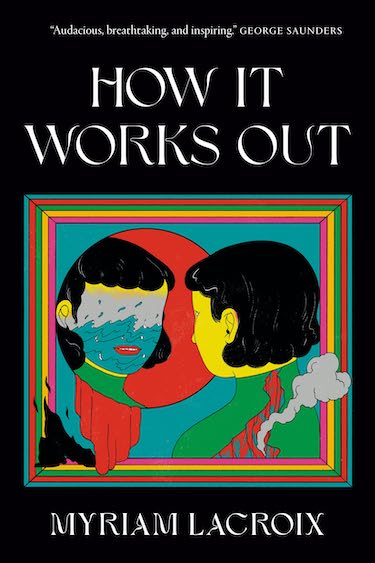
Well before Harry Potter waved a wand, there was a boy wizard known as Ged; before Hogwarts opened its doors, would-be wizards trained on the isle of Roke; and before anyone other than her closest friends had heard of J. K. Rowling, there was Ursula K. Le Guin, whose literate and lyrical tales of moral magic, of dragons, of good and evil held in balance, and of the true names of things, began a half-century ago, with the publication of the award winning YA novel A Wizard of Earthsea (1968). I was a much younger reader when I read that first Earthsea novel, heavily into science fiction and fantasy, but it was obvious even then that Le Guin’s writing was in a league all its own. The world of Earthsea made a deep impression on me, and, even after more-or-less abandoning science-fiction, I knew that I’d want to read the entire Earthsea cycle, “one day.” That day arrived last year, when Saga Press published a gorgeous one-volume anthology of The Books of Earthsea, to mark the 5th anniversary of the first edition of A Wizard of Earthsea. It was fascinating to discover, through this rereading, how significantly Le Guin’s thinking had evolved during the fifty years of her writing the Earthsea tales. In her introduction, and in brief essays which follow each of the books, Le Guin recalls the circumstances of each novel’s composition. Why, she asks herself, had she chosen a boy wizard as the central figure, rather than a girl? Her answer: “because I was a reader who read, loved and learned from the books my culture provided me; and they were almost entirely about what men did.” Le Guin was closely involved in the preparation of this anthology; she died in 218 at the age of 88. One caution: at five pounds, The Books of Earthsea is massive; attempting to read it while recumbent, with the book held above your head, would be to risk concussion.








